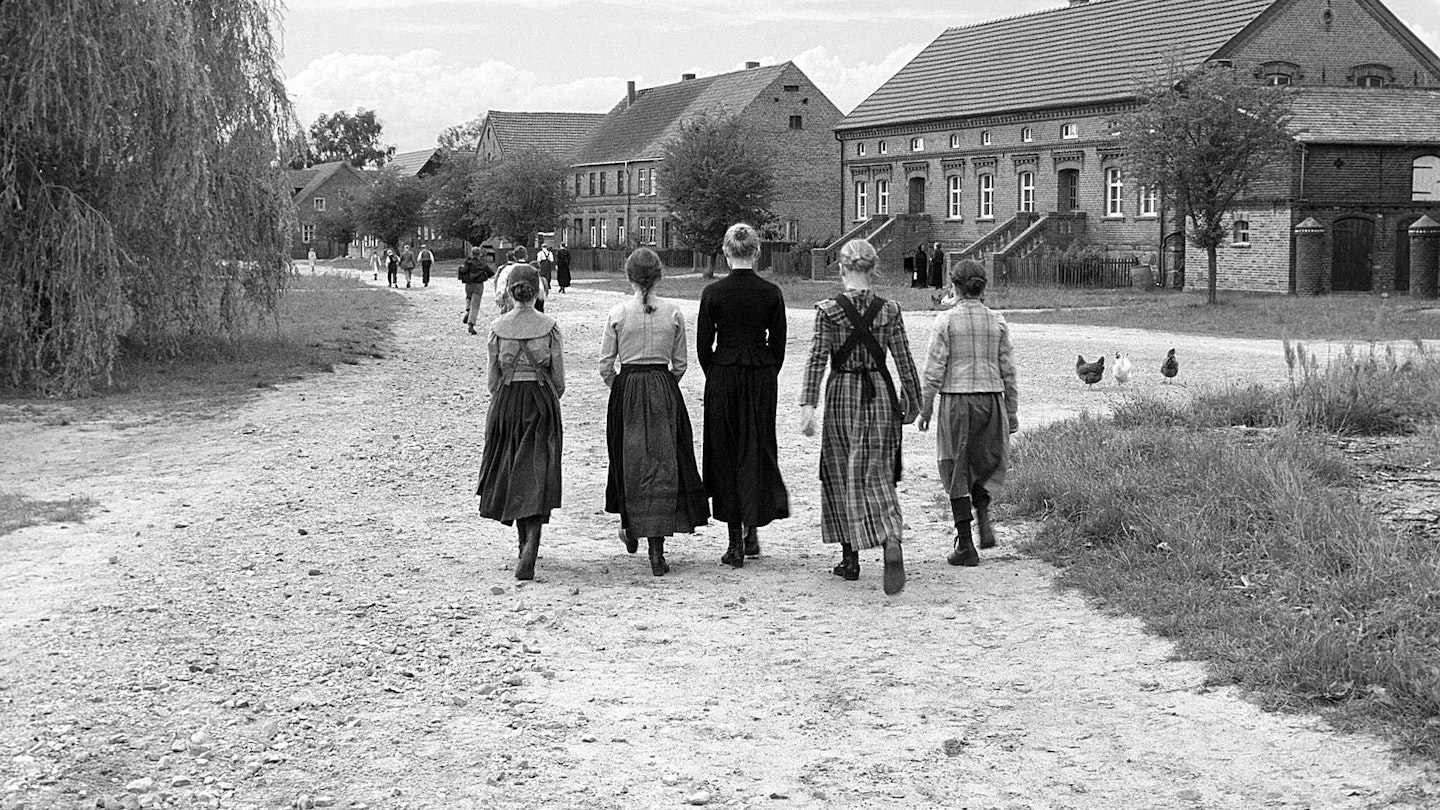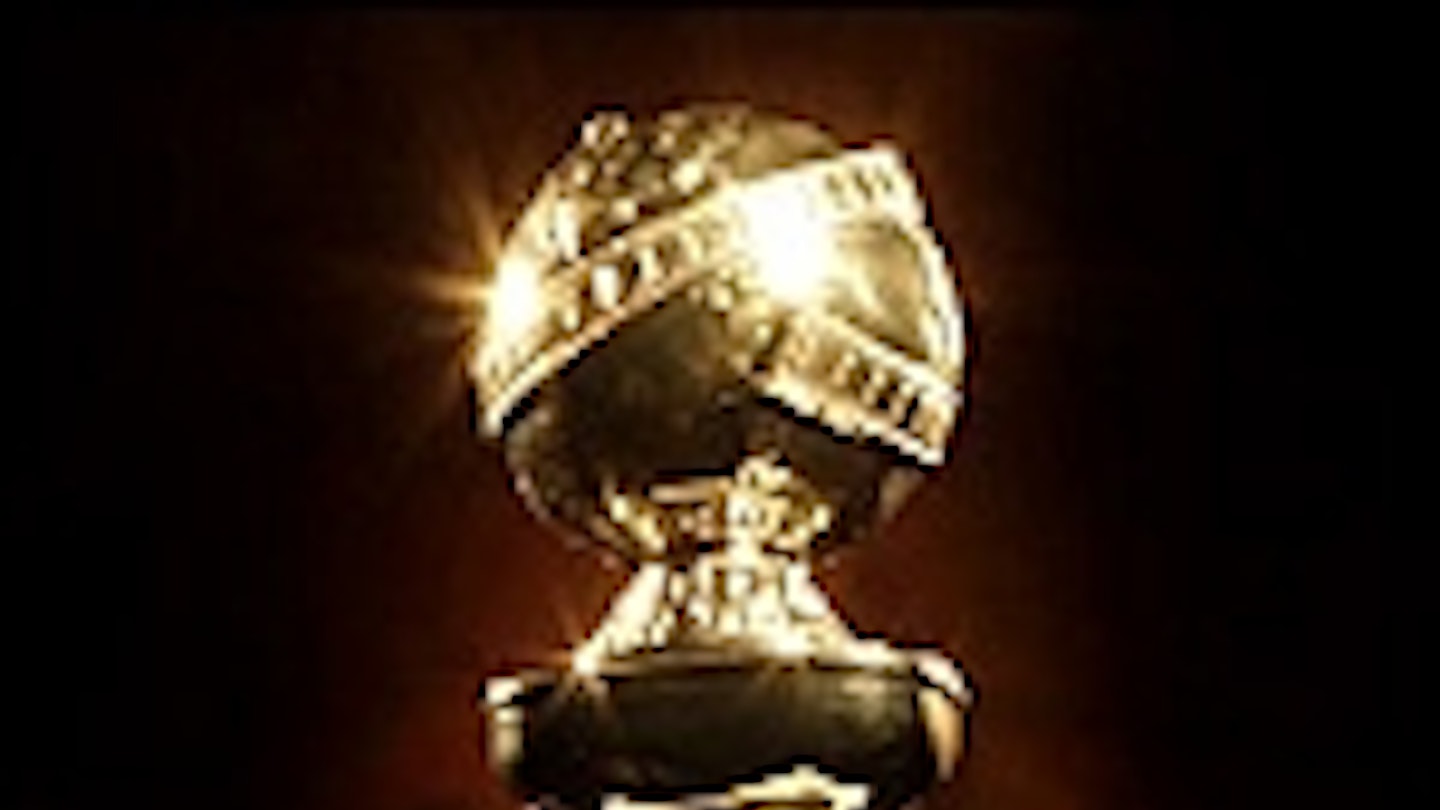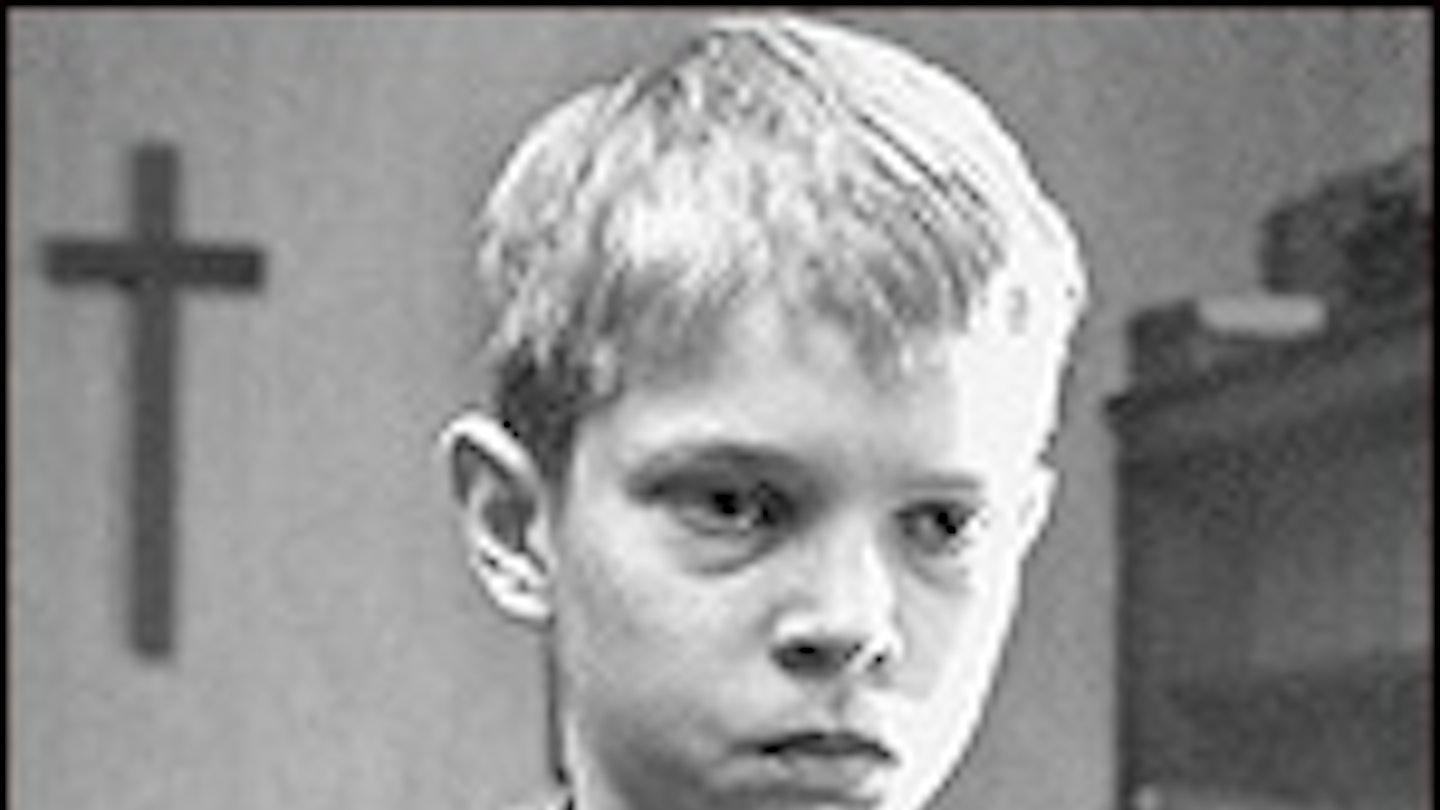Although he has been working in film and TV for over 30 years, Michael Haneke is mostly linked with a series of films between 1997 and 2005 — Funny Games, The Piano Teacher and Hidden — that put his audiences through hell. Aloof and detached in its composition, this loose trilogy didn’t give its audience any wriggle room: if you didn’t like what was happening on screen, you could get up and leave, no problem. But if you stayed... well, that was a matter for you and your conscience.
After Hidden, Haneke baffled his admirers by making Funny Games US, a note-for-note English-language copy of his keynote film. It flopped, causing some to wonder if Haneke was really so strapped for ideas that he was reduced to translating old scripts. But, thankfully, his ‘comeback’ film — as in, his return to Europe — is perhaps his finest yet. Less hectoring, less deliberately provocative and, most surprisingly, less intimidatingly authored than his most famous films, The White Ribbon doesn’t feel like a film at all, more like the disturbing daydream of a more political and less playful David Lynch.
That said, The White Ribbon is undoubtedly a slog. It is, after all, a two-and-a-half-hour subtitled film in black and white, with a cast of unknowns and an awful lot of (unreliable) narration. But where previous Haneke films often feel like the director waiting to test you post-credits, The White Ribbon is actually a very free and immersive experience. For a start, it looks incredible, like an antique postcard come to life, and where Hollywood movies fall down — body-shapes, faces, hairstyles — every extra here is perfect. But more than that, this is a film that accumulates its power, and although not much happens (that we see) or is even revealed (that we know), there’s a lot to take in, and even more to think about.
Though it poses as a thriller, The White Ribbon is nothing of the sort. It’s a film about climates of violence, and by taking World War I Germany as its primary location, it asks fascinating questions about that very troubled country. Where was Nazism really born — was it in the genes, was it in society, or was it simply a blip, a tragic, Fortean freak of nature? For once, Haneke doesn’t force the issues he raises, and his poetic, haunting essay is all the better for it.


